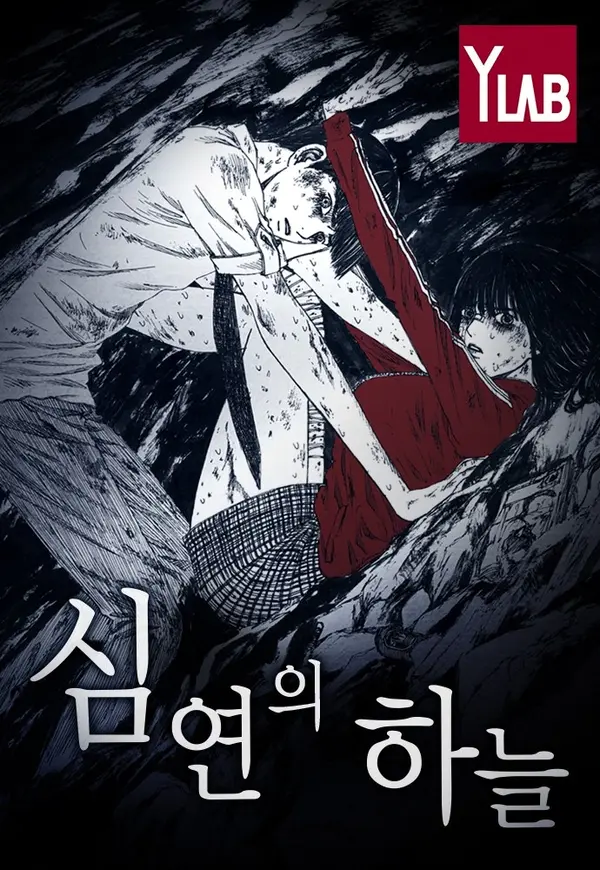Summary

Shutter Island
by Dennis Lehane
The year is 1954. U.S. Marshal Teddy Daniels and his new partner, Chuck Aule, have come to Shutter Island, home of Ashecliffe Hospital for the Criminally Insane, to investigate the disappearance of a patient. Multiple murderess Rachel Solando is loose somewhere on this remote and barren island, despite having been kept in a locked cell under constant surveillance. As a killer hurricane relentlessly bears down on them, a strange case takes on even darker, more sinister shades—with hints of radical experimentation, horrifying surgeries, and lethal countermoves made in the cause of a covert shadow war. No one is going to escape Shutter Island unscathed, because nothing at Ashecliffe Hospital is what it seems. But then neither is Teddy Daniels.
.
Read
Shutter Island on http://kissnovel.net
Martial Peak Reviews
In Dennis Lehane's gripping psychological thriller, Shutter Island, readers are thrust into a world of suspense and intrigue that masterfully intertwines themes of sanity, trauma, and the moral complexities of justice. Set against the backdrop of the ominous Ashecliffe Hospital for the Criminally Insane in 1954, the narrative follows U.S. Marshal Teddy Daniels and his new partner, Chuck Aule, as they investigate the mysterious disappearance of a patient named Rachel Solando. What unfolds is a labyrinthine tale that challenges perceptions of reality and sanity, leaving readers questioning the very nature of truth.
From the outset, Lehane establishes a palpable sense of foreboding. The island itself is almost a character in its own right, isolated and shrouded in mystery, with the relentless hurricane looming as a metaphor for the chaos that envelops Teddy's mind. The atmosphere is thick with tension, and Lehane's vivid descriptions of the island's desolate landscape enhance the feeling of entrapment. This setting is not merely a backdrop; it serves as a reflection of the characters' inner turmoil and the psychological battles they face.
The character development in Shutter Island is particularly noteworthy. Teddy Daniels is a complex protagonist, grappling with his own demons while trying to uncover the truth about Rachel Solando. His backstory, which includes the traumatic loss of his wife in a fire set by an arsonist, adds layers to his character and informs his motivations throughout the investigation. As the plot unfolds, readers witness Teddy's descent into paranoia and confusion, which is expertly crafted by Lehane. The author skillfully blurs the lines between reality and delusion, making it difficult for both Teddy and the readers to discern what is true.
Chuck Aule, Teddy's partner, serves as a foil to Teddy's increasingly unstable psyche. While Chuck appears to be the voice of reason, his own complexities and the nature of his relationship with Teddy add depth to the narrative. The dynamic between the two marshals is fraught with tension, and as the story progresses, it becomes clear that trust is a fragile commodity on Shutter Island. Lehane's ability to create multi-dimensional characters is one of the book's strongest assets, as it allows readers to become emotionally invested in their fates.
The themes of sanity and the moral implications of mental health treatment are central to the narrative. Lehane delves into the darker aspects of psychological experimentation and the ethical dilemmas faced by those in power. The hospital's practices, including radical surgeries and covert operations, raise questions about the lengths to which society will go to control and understand madness. This exploration of morality is reminiscent of works like Ken Kesey's One Flew Over the Cuckoo's Nest, where the treatment of mental illness is scrutinized, and the humanity of patients is often overlooked.
As the investigation deepens, the plot thickens with unexpected twists and revelations that keep readers on the edge of their seats. Lehane's pacing is impeccable; he expertly balances moments of intense action with quieter, introspective scenes that allow for character development and thematic exploration. The narrative is rife with red herrings and misdirection, compelling readers to question their assumptions and interpretations of events. This intricate plotting is reminiscent of classic noir fiction, where nothing is as it seems, and the truth is often obscured by layers of deception.
The climax of the story is both shocking and thought-provoking, forcing readers to confront the implications of Teddy's journey and the choices he makes. The resolution leaves lingering questions about identity, guilt, and the nature of reality itself. Lehane does not provide easy answers; instead, he invites readers to grapple with the complexities of the human psyche and the moral ambiguities of the world we inhabit.
In comparison to other psychological thrillers, Shutter Island stands out for its rich character development and thematic depth. While many novels in the genre rely on plot twists alone, Lehane's work is grounded in a profound exploration of the human condition. The book resonates with the same haunting quality found in works by authors like Gillian Flynn and Paula Hawkins, who also delve into the darker aspects of human nature and the fragility of perception.
Ultimately, Shutter Island is a tour de force that captivates readers with its intricate narrative and profound themes. Lehane's ability to weave a tale that is both thrilling and intellectually stimulating is a testament to his skill as a storyteller. The book leaves a lasting impact, prompting readers to reflect on the nature of sanity, the ethics of mental health treatment, and the complexities of the human experience. For those who enjoy psychological thrillers that challenge their perceptions and keep them guessing until the very end, Shutter Island is an essential read.
For more information, you can check it out on Goodreads.
























Reviews 0
Post a Reviews: